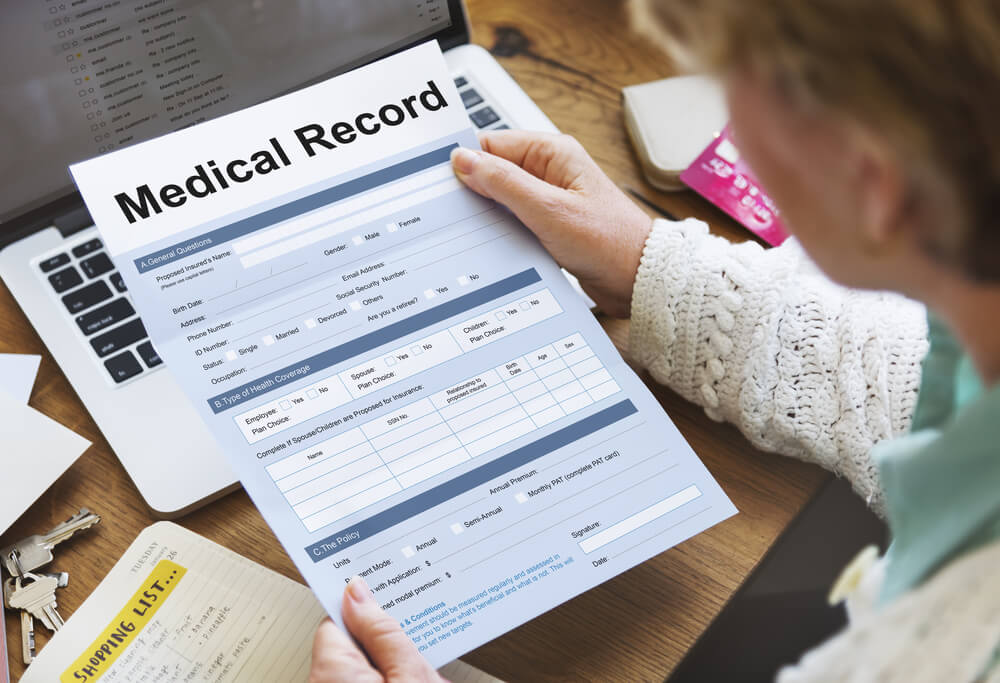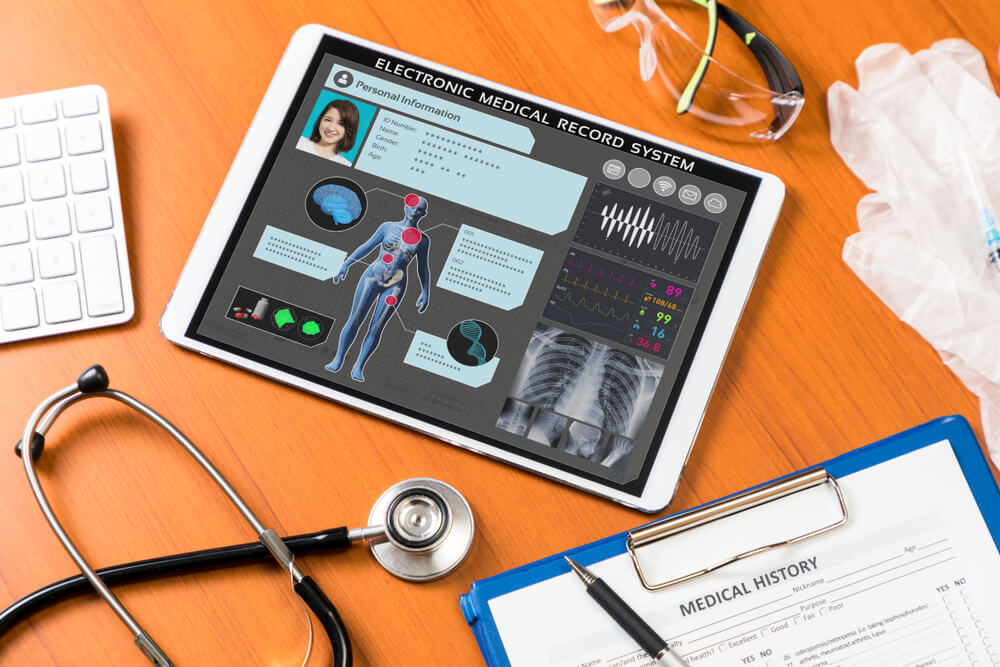
26 Apr Do Patients Own Their Medical Records?
In today’s digital age, where data is increasingly valuable, the question of who owns medical records is more pertinent than ever. Patients want to know if they have control over their own health information. But what does it really mean for patients to own their medical records, and how does this ownership influence healthcare processes? Let’s explore the intricacies of patient ownership and its implications.
Understanding Patient Ownership
 When we talk about patients who own their medical records, we’re referring to their right to access, manage, and share their health information. In essence, it’s about empowering individuals to take charge of their healthcare journey. However, this concept goes beyond mere possession; it encompasses the ability to make informed decisions based on personal health data.
When we talk about patients who own their medical records, we’re referring to their right to access, manage, and share their health information. In essence, it’s about empowering individuals to take charge of their healthcare journey. However, this concept goes beyond mere possession; it encompasses the ability to make informed decisions based on personal health data.
The Legal Framework
In many jurisdictions, laws such as the Health Insurance Portability and Accountability Act (HIPAA) in the United States recognize patients’ rights to access their medical records. These regulations aim to safeguard patient privacy while granting them control over their health information. However, ownership rights can vary depending on the specific legal context and healthcare system.
Challenges to Ownership
Despite legal provisions, challenges persist regarding true patient ownership of medical records. One major obstacle is the complexity of healthcare systems, which often involve multiple stakeholders, including healthcare providers, insurers, and technology vendors. This fragmentation can hinder seamless access and sharing of medical information, limiting patients’ ability to exercise ownership effectively.
Empowering Patients Through Technology
Advancements in technology offer promising solutions to enhance patient ownership of medical records. Patient portals, electronic health records (EHRs), and mobile health apps empower individuals to access their health data conveniently. These tools facilitate greater transparency and communication between patients and healthcare providers, enabling informed decision-making.
Privacy Concerns
While technology provides opportunities for greater patient involvement, it also raises privacy concerns. With the proliferation of digital health platforms, there’s a risk of unauthorized access or data breaches. Ensuring robust security measures and adherence to privacy regulations is essential to maintain patient trust and confidence in the healthcare system.
The Role of Healthcare Providers
Healthcare providers play a crucial role in supporting patients who own their medical records. By fostering a culture of transparency and collaboration, they can empower patients to actively participate in their care. This includes educating patients about their rights, facilitating access to medical records for various reasons such as an insurance claim or case for a law firm, and engaging them in shared decision-making processes.
Future Directions
Looking ahead, the concept of patient ownership is poised to evolve further with advances in healthcare technology and policy. Initiatives such as interoperability standards and data portability regulations aim to enhance patients’ control over their health information. However, addressing challenges such as data security and equitable access will be essential to realizing the full potential of patient ownership.
In Summary
 Patients do have a significant stake in their medical records, but true ownership requires more than legal recognition—it necessitates empowerment, accessibility, and privacy protection. By fostering a collaborative environment and leveraging technology responsibly, healthcare stakeholders can empower patients to take ownership of their health information and make informed decisions that impact their well-being. In addition to technological advancements, partnering with reliable medical record retrieval services like our team can streamline access to patient records. For further inquiries, feel free to contact American Retrieval today.
Patients do have a significant stake in their medical records, but true ownership requires more than legal recognition—it necessitates empowerment, accessibility, and privacy protection. By fostering a collaborative environment and leveraging technology responsibly, healthcare stakeholders can empower patients to take ownership of their health information and make informed decisions that impact their well-being. In addition to technological advancements, partnering with reliable medical record retrieval services like our team can streamline access to patient records. For further inquiries, feel free to contact American Retrieval today.


